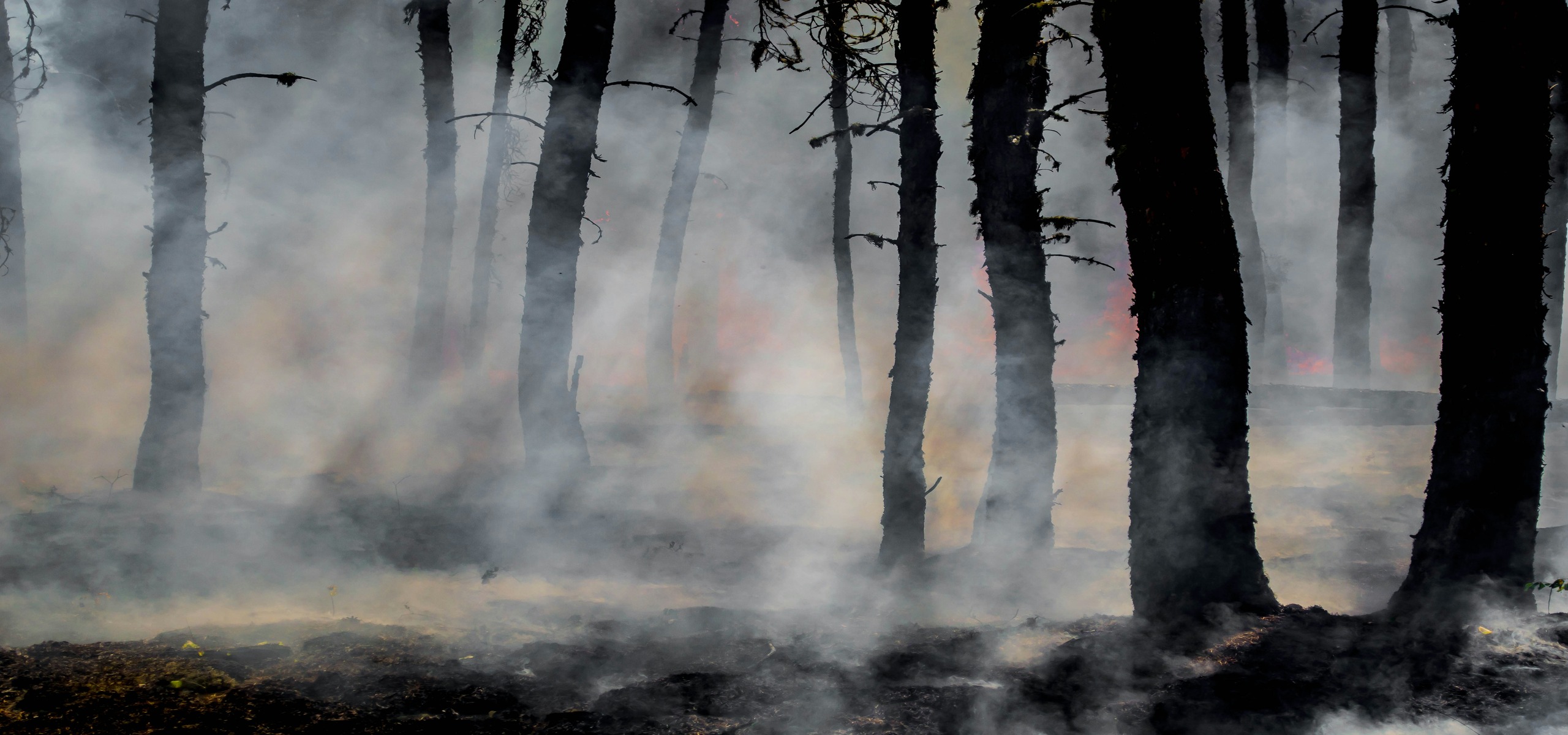The California Wildfires: A Wake-Up Call for Collective Climate Action

On the commuter train, I overheard a young boy talking to his mother about the California wildfires. They were speaking about all the people who have lost their homes and livelihoods. They were talking about how climate change is setting the world on fire. The boy looked anxious and asked his mother if they could chat about something else – because, as he explained ‘I just can’t bear to think about it, it makes me too worried’. The mother apologised, and the conversation switched to mushrooms and jellyfish.
In many ways, I think this small encounter captures the key psychological barriers to climate action.
Firstly, it’s understandable that we panic and shut down when we think about the climate crisis. When we hear that this year global temperatures exceeded the 1.5oC warming limit – it’s natural to feel despairing. When we watch videos of supercharged wildfires and hurricanes or read about devastating floods and droughts, it’s normal to feel distressed. The problem is, often when we are unable to bear reality, we tend toward denial and distraction. Like the young boy on the train – we try to change the conversation and invite new thoughts. We involve ourselves in our immediate surroundings – focusing on the things that concern our personal lives.
This is an evolutionary coping mechanism. As explained by climate author John Valiant, in our minds, we build protective bubbles around ourselves that separate the things happening to us from the things happening to others. This cognitive dissonance allows us – or more accurately, those of us who have the privilege of not directly confronting the impacts of climate change – to cope with the crisis. With this dissonance, we separate our individual daily lives from the collective experience and from abstract global scientific projections. We frame stories of catastrophe as far away things that happen to other people.
The thing is, while this mechanism may help us to survive the immediate psychological stress, it will not help us survive in the long term. Indeed, we need to find a way to break these patterns of psychological distancing, because, as stated by a recent viral post – ‘Climate change will manifest as a series of disasters viewed through phones … until you’re the one filming it’. It’s not possible to escape reality forever.
Here, I might tentatively suggest that the California fires could be the circuit-breaker needed to acknowledge the fact that climate change is an urgent problem for all of us to tackle. Moreover, while climate change is generally defined by an asymmetry – where those who bear the brunt of the impacts are those who have contributed the least emissions – these wildfires have brought the worst of climate change to the world’s biggest producer and consumer of oil. The US cannot continue to ignore the crisis.
The problem is that is exactly what president Trump is trying to do. As he creates a smokescreen of political squabbles – calling the California governor Gavin Newsom, ‘Newscum’ and threatening to deny aid to the Democrat state over accused water mismanagement– he diverts attention and distracts from the fact that no amount of water could stop the climate-change supercharged wildfires.
However, Trump’s approach is not only one of childish distraction. He is actively driving a path of destruction. As he signs an order to withdraw the US from the Paris climate accord, promises to end the ‘Green New Deal’ and ‘drill, baby, drill’ he demonstrates no care for the future of the planet. While he promises to restore jobs in fossil fuel extraction, he exposes his short-term mindset; disregarding the safety of people who rebuild their lives in high-risk areas, overlooking the potential that lies in a clean energy industry worth $2trillion last year, and condemning future generations to an uninhabitable planet where the incidence of wildfires is predicted to increase 50% by the end of the century.
Now is the time to connect the dots and address the climate problem at its core. Now, the task is to overcome the psychological distancing which continues to allow us to separate polluting actions from the impacts of pollution. Perhaps our aversion to such great loss as seen in these cataclysmic wildfires may be enough to spark more meaningful climate action.
While right now, people focus on grieving all that has been lost, this is a critical moment for reflection and action. The climate crisis is a shared crisis that transcends social and political boundaries. The Wildfires were a clear reminder of that. We cannot allow leaders to politicise action, perpetuate denial or promote psychological distancing. We need to come together to direct our anger and focus on community action. Because, without meaning to be alarmist, if we do not take this moment to significantly change our behaviour, the wildfires will continue to come knocking on all of our doors.
